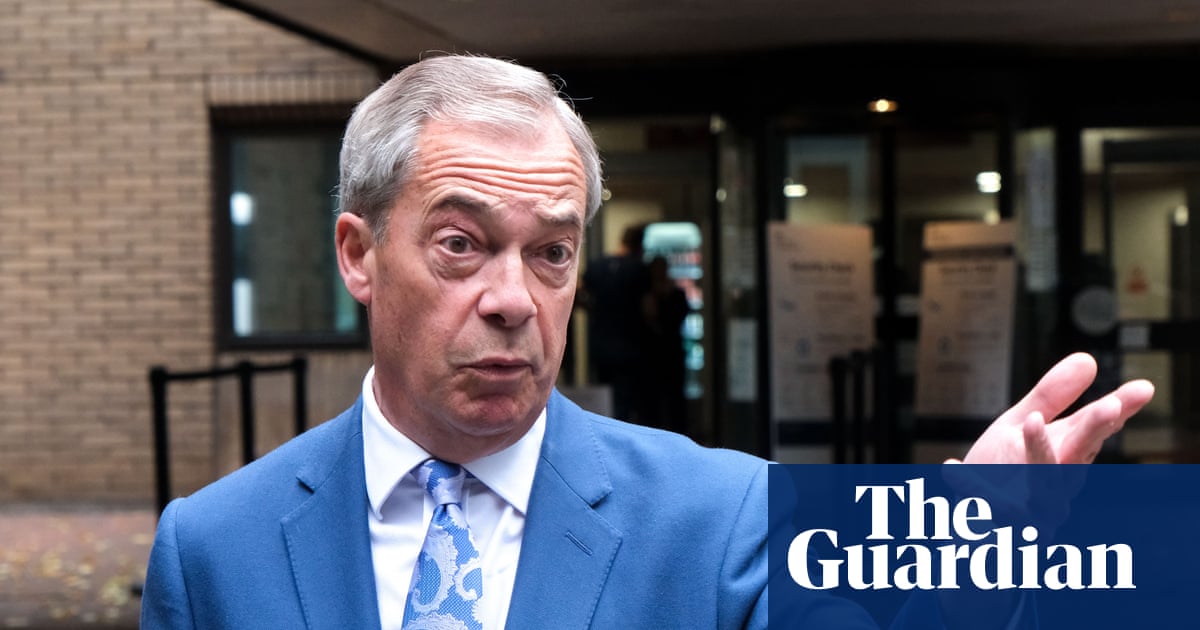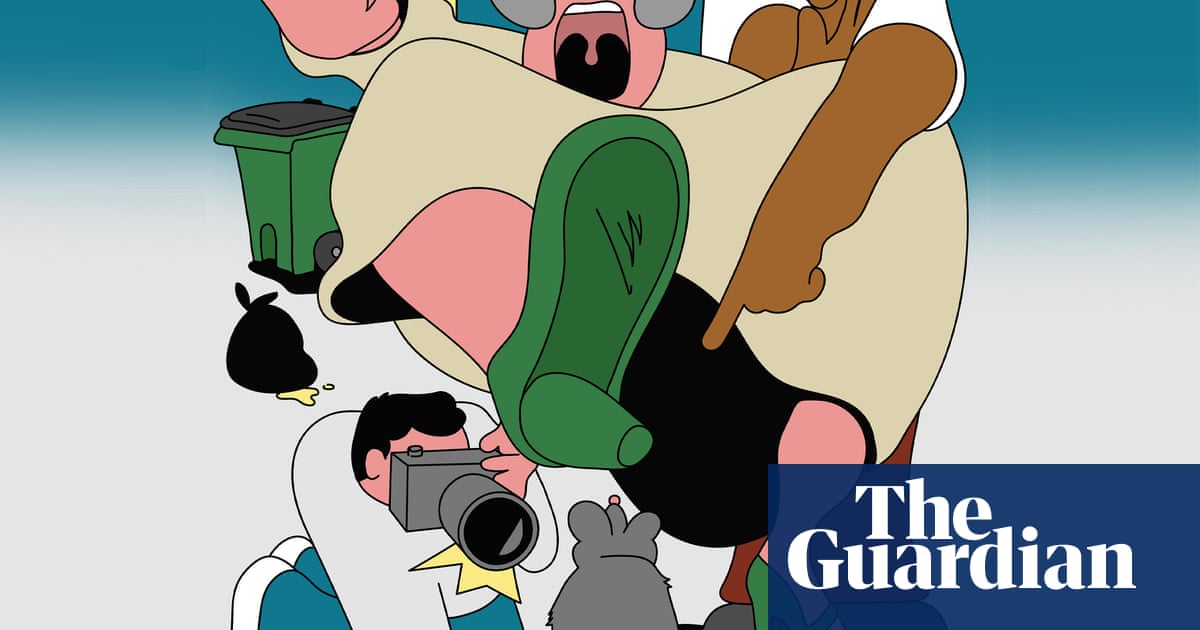A coalition of drinks, tourism and farming bodies has urged the chancellor to protect the Scottish whisky industry from a steeper sales slump and further job losses by freezing spirits duty in her budget next month.
The grouping, which includes the Scottish arms of the National Farmers’ Union, the Institute of Directors and UKHospitality, has written to Rachel Reeves to argue that a freeze in duty would be a “strategic investment” that could increase tax revenues.
They said recent rises in spirits duty had taken the overall tax paid on the average bottle of whisky to at least £12, or 70% of the retail price, contributing to about 1,000 redundancies in whisky production since last year’s budget, when spirits duty rose.
“The current duty regime, combined with wider economic headwinds, is placing significant strain on both producers and venues,” the joint letter said. “Some businesses are halting investment or looking abroad, while others are being forced to cut jobs. For many of the UK’s most iconic products, this is an alarming trend.”
The signatories, which included the Scottish Grocers’ Federation, the Night Time Industries Association and Scottish Chambers of Commerce, said they represented thousands of bars, restaurants and hotels, as well the farmers who grow the barley used in whisky production.
They argue the higher duty on spirits, including British-made products such as vodka and gin, has a disproportionate impact on bars and clubs.
They calculate that spirits sales generate 38% of the hospitality sector’s profits, despite being only 15% of their sales by units of alcohol. Data from International Wine and Spirit Research found whisky sales in the UK fell by 4.3m bottles in 2024 compared with 2023.
Their appeal to the chancellor is designed to bolster a campaign by the Scotch Whisky Association (SWA), the sector’s trade body, for a freeze on the duty until 2029 – a proposal that would reduce the Treasury’s options in future.
The SWA said there was evidence the Treasury’s approach to spirits duty was misguided. In its submission to the Treasury in advance of the 26 November budget, it said the 14% duty increase over the last two years had backfired.
In 2023, the Treasury had forecast revenues from spirits duty would increase by 18% – however, they have increased by only 1.5% since then. Other official forecasts of 38% growth in duty receipts “bears no relation to the real world and risks undermining further confidence in HM Treasury modelling”, it said.
The industry bodies argue that inflation, increasing wholesale prices and staff costs, and falling consumer confidence add to an increasingly difficult economic picture. The UK’s spirits duties are 97% higher, the SWA said, than the EU average.
Liz Cameron, the director of the Scottish Chambers of Commerce, said: “A duty freeze is not a handout. It is an investment in British business, British exports, and British jobs – and a chance to back one of the UK’s most successful and globally recognised industries.”
Andrew Connon, the president of NFU Scotland, said: “Quality cereals grown here in Scotland are the foundation of a hugely valuable supply chain – one that runs from grain to glass and delivers skilled jobs, investment and economic growth.”
The Treasury said the chancellor had been clear she needed to balance public spending with supporting growth, but would not comment on her tax plans.
“Our distilleries are vital to Britain’s economy, so we’re making it easier for them to thrive: no export duty, lower licensing fees, reduced tariffs, and a cap on corporation tax,” a spokesperson said. The Treasury did not comment, however, on the pressures facing hospitality and farmers.

.png) 3 hours ago
2
3 hours ago
2

















































